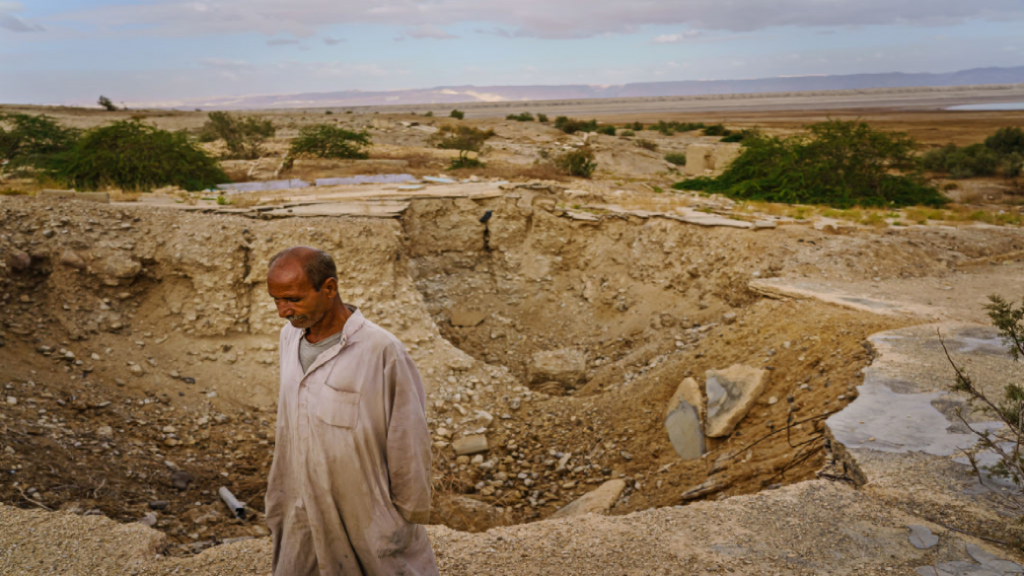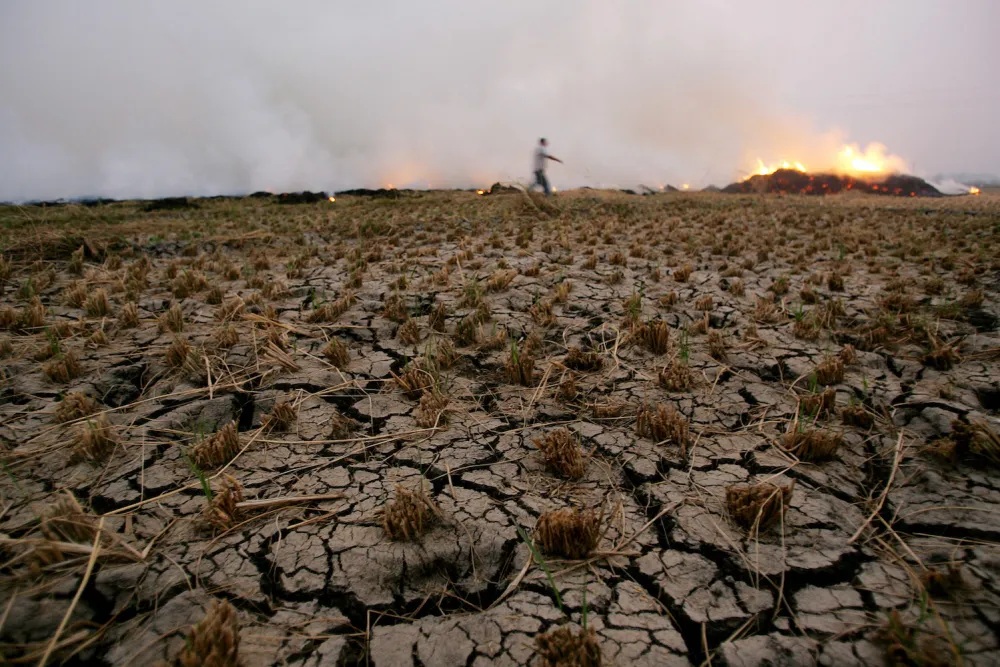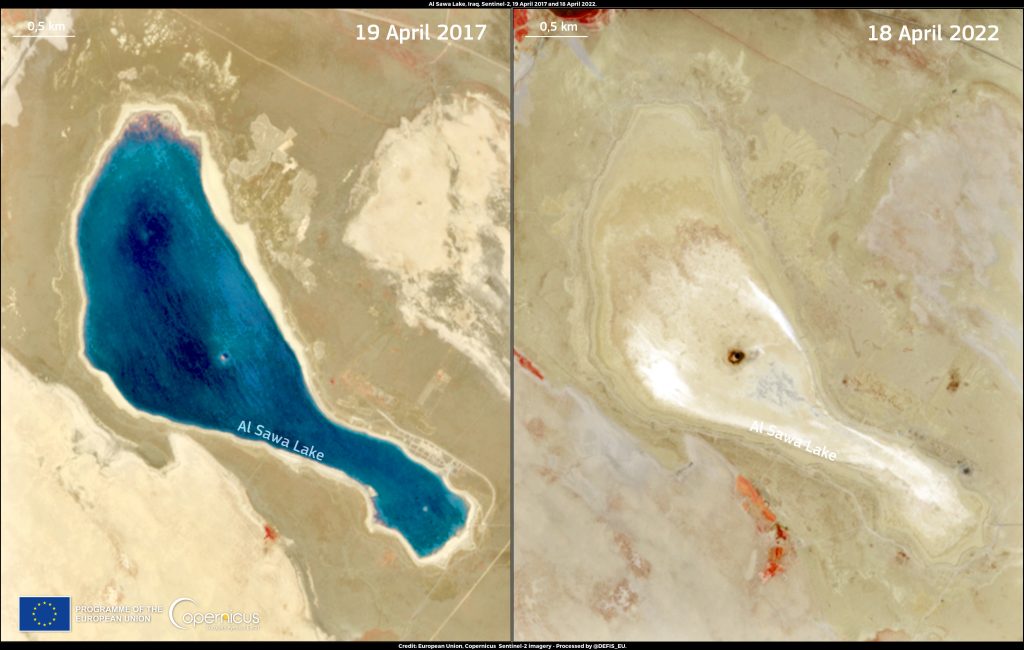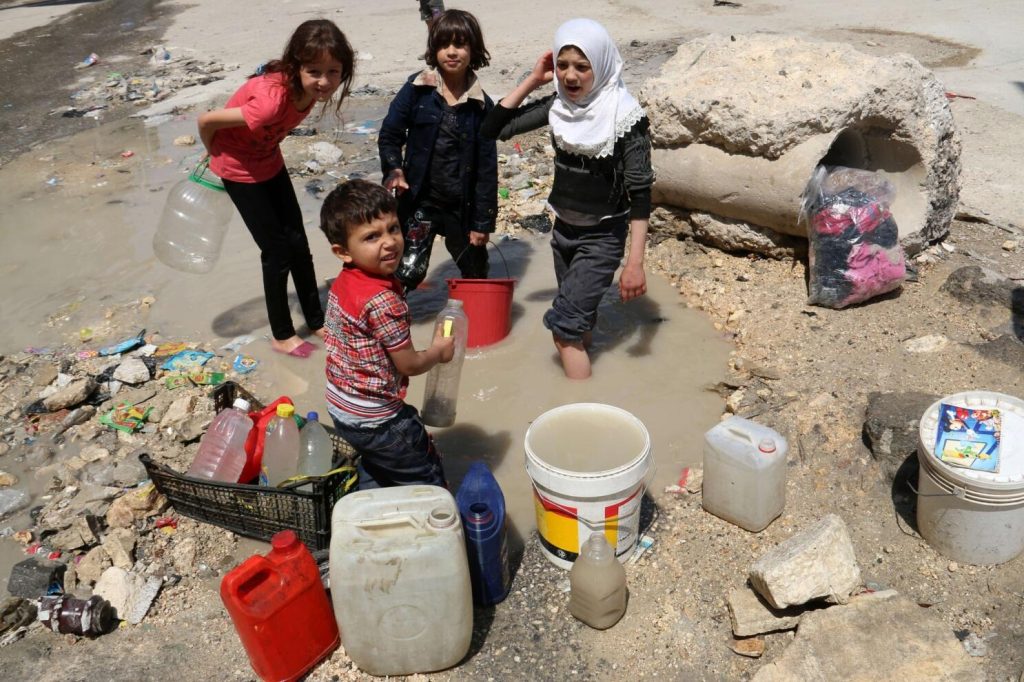Reviving Regional Cooperation:
Sustained, high-level dialogue is crucial to resolving disputes over scarce transboundary rivers, on which Middle Eastern countries are highly dependent. The region’s three longest rivers – the Nile, Euphrates, and Tigris – are critical sources of freshwater; however, they have been significantly impacted by over-extraction and mismanagement caused by transboundary water-sharing challenges. The challenges extend to the other main rivers of the region, as the Yarmouk and the Jordan River, but notable developments are far too early to be seen. Based on the overall history of the Middle East, these coordination and diplomatic efforts could significantly improve the water management system. First and foremost, legal and institutional reforms are essential. Adapting water-sharing treaties to 21st-century needs would finally address issues that past treaties could not have predicted. Moreover, the interdependent exchange of data and information cannot be overlooked. By implementing a regional “water observatory“, it will be possible to establish monitoring platforms for real- time flow, facilitating the coordination of extraction periods and quantities. Finally, continuous and regular high-level dialogue is essential to develop joint infrastructure and risk management systems. In 2025, a wave of significant developments occurred across the region, though grassroots or democratic water governance reforms remain limited.
Jordan: commenced construction of its National Water Carrier Project in early 2025, a major initiative aimed at desalinating and transporting 300 million cubic meters of water annually from Aqaba to Amman, with the goal of reducing groundwater stress and improving water security for approximately four million people.

Egypt: aims to invest $332 million in modern irrigation and agricultural reclamation projects, such as those in Toshka, Sinai, and the New Delta, to enhance water use efficiency and agricultural productivity. Initiatives aimed at reducing Egypt’s imports through locally grown strategic crops, strengthening food security, and creating new economic opportunities in reclaimed desert areas.

Iraq: In April 2025, the Iraqi Ministry of Water announced an update on the 10-year water rights acquired from Turkey, highlighting that it “is enhancing water flow through improved management and the elimination of encroachments.” This advancement represents a net improvement from earlier years of unilateral actions by Turkey upstream, which significantly reduced water availability downstream. As a result, the 10-year agreement marks a landmark in Iraqi-Turkish relations and serves as a model for addressing transboundary water conflicts in the MENA region.

The MENA
The region lacks comprehensive multilateral governance, with only bilateral agreements between Jordan and Saudi Arabia in place, and no comprehensive basin-wide frameworks for major rivers. However, bilateral agreements also face challenges. For instance, cooperation between Jordan and Saudi Arabia continues over the Al-Saq/Al-Disi aquifer; however, when either of these two kingdoms increases the amount of water it extracts from this aquifer, the other does the same, even if it does not necessarily need the additional water. This example serves to highlight the importance of adhering to the agreements made and of building stronger, more enforceable frameworks for water management.
Conflict, Inequality, and Water Insecurity
Vulnerable populations, including Iraqis, Syrians, and Palestinians, still face significant water access inequalities, highlighting ongoing water justice concerns. A key statistic illustrating the impact of war and instability on communities comes from Syria. In 2011, 98% of urban residents had access to safe water, with rural communities enjoying slightly lower but still substantial access. In stark contrast, today, only about 50% of water, sanitation, and hygiene (WASH) services are functioning properly, reflecting the severe deterioration caused by the civil war. Although desalination and wastewater recycling technologies are expanding, they remain insufficient substitutes for comprehensive freshwater resource management.

The Marginalization of Local Voices
Key reasons for the region’s water scarcity include mismanagement, inefficient water-saving techniques, and geographical challenges, most notably, high evaporation rates that affect every country in the area. While some local-level participatory water management practices continue, such as Egypt’s irrigation groups, these are longstanding and not recently emerging movements. Civil society engagement and transparency programs exist but have limited scale and impact on interstate water diplomacy. Overall, the region’s water governance remains primarily led by a top- down approach, with major efforts focusing on infrastructure projects rather than addressing and investigating the needs of local communities. The centralised view presented in this article, which overlooks the importance of bottom-up and grassroots approaches, can be concerning. In 2013, UNDP weighed heavily on the future of water diplomacy and management, citing that the region had “little local stakeholder or civil society participation, resulting in ineffective, fragmented structures.
Reference list:
https://jordantimes.com/news/local/prime-minister-attends-signing-preliminary-agreement-aqaba-amman-water-desalination-and(Title: Prime minister attends signing of preliminary agreement for Aqaba-Amman Water Desalination and Conveyance Project, Publisher: Jordan Times Date: January 12, 2025). https://www.zawya.com/en/economy/north-africa/egypt-allocates-332mln-to-agriculture- irrigation-in-fy2025-2026-plan-ymcwb597 (Title: Egypt allocates $332mln to agriculture, irrigation in FY2025/2026 plan, Publisher: Zawya, Date: April 15, 2025).
https://www.rudaw.net/english/middleeast/iraq/030420252 (Title: Iraq has ten years of water security from Turkey: Ministry, Publisher: Rudaw Media Network, Date: April 3, 2025).
https://water.fanack.com/publications/syrias-water-crisis-assessing-the-intersection-of-
climate-change-and-geopolitical-interests/ (Title: Syria’s Water Crisis: Assessing the Intersection of Climate Change and Geopolitical Interests, Publisher: Fanack Water, Date: February 12, 2025).
https://mecouncil.org/publication/water-diplomacy-how-to-prevent-water-wars-in-the-mena-
region/ (Title: Water Diplomacy: How to Prevent Water Wars in the MENA Region, Publisher:
Middle East Council on Global Affairs (ME Council), Date: January 30, 2025)



